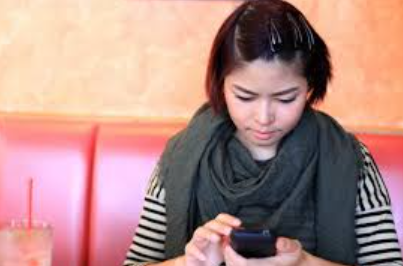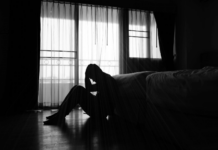At the Greater Good, a story by Joanne Chen unpacks data from a diverse population of young people showing a range of perspectives on social media, its uses and impact on their mental health:
“A new survey, funded by Hopelab with support from Common Sense Media, offers a slightly different perspective. Aiming to deepen our understanding of social media among teens and young adults, the researchers reached out to young people themselves—instead of their parents, teachers, or doctors. Their results illuminate just how complex the relationship between young adults and social media actually is.
The Youth POV
The survey’s title describes it best: A Double-Edged Sword: How Diverse Communities of Young People Think About the Multifaceted Relationship Between Social Media and Mental Health. Distinguishing itself from other recent surveys on teens and social media (such as those from Gallup and the Institute for Family Studies, and the Pew Research Center), this one is a collaboration of sorts between the researchers and young people across the country aged 14 to 22.
Teens (age 14 to 17, in this study) and young adults (age 18 to 22) not only helped to design and survey, they also assisted in interpreting the nationally representative data once it was collected. In all, a racially diverse group of 1,274 young people participated. . . .
Young people rely on social media for a range of needs. Almost a quarter said they are on social media almost constantly throughout the day (about the same as in 2020). More than half said social media is important for seeking support or advice, and that they use social media to feel less alone. . . .
LGBTQ+ youths report experiencing support and identity affirmation with social media, but also exposure to harassment and stress. Almost three-quarters of these social media users say the platforms are important in helping them feel less alone, compared to only about half of self-described cisgender, heterosexual teens and young adults. Yet almost the same number of LGBTQ+ youths say posting to public accounts would open themselves up to harassment. More of these youths, compared to their non-LGBTQ+ peers, also reported bearing the brunt of the negative aspects of social media, including sleeping less and spending less time doing other activities they care about, such as exercising and spending time with friends.
These youths were also more likely than others to proactively minimize the hurtful comments. A whopping 89% said they’ve tried to avoid content they don’t like (compared to 74% of non-LGBTQ+ peers) or tinkered with their feed to tailor it to their needs. Still, a little over half said they prefer connecting over social media than in-person—that’s significantly more than the non-LGBTQ+ respondents who said they felt the same way (38%). When asked why, many LGBTQ+ users explained that they actually felt safer online.
More Black teens and young adults than non-Black youths cite social media as an important tool for specific tasks. For instance: keeping up with the news (80% of Blacks vs. 65% of whites); learning about professional or academic opportunities (80% of Blacks vs. 63% of Latinos vs. 53% of whites); and keeping up with influencers or creators (63% of Blacks vs. 52% for both whites and Latinos).”
Article → ***
***
More from Around the Web
More from Mad in the Family














